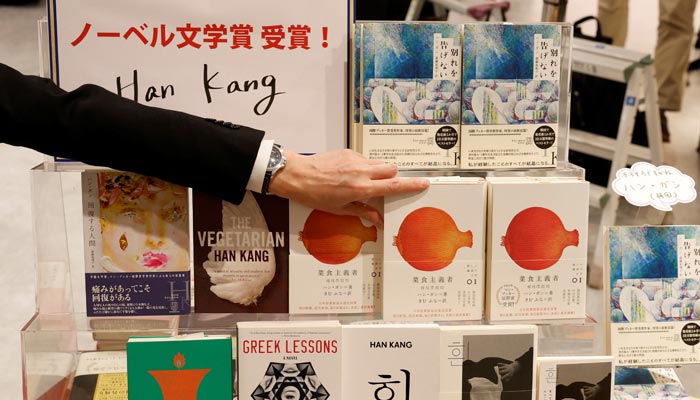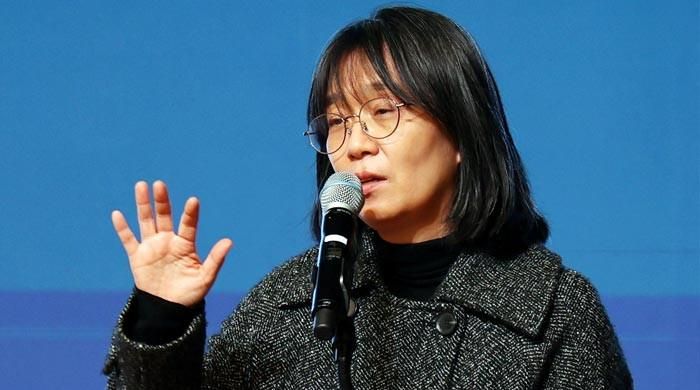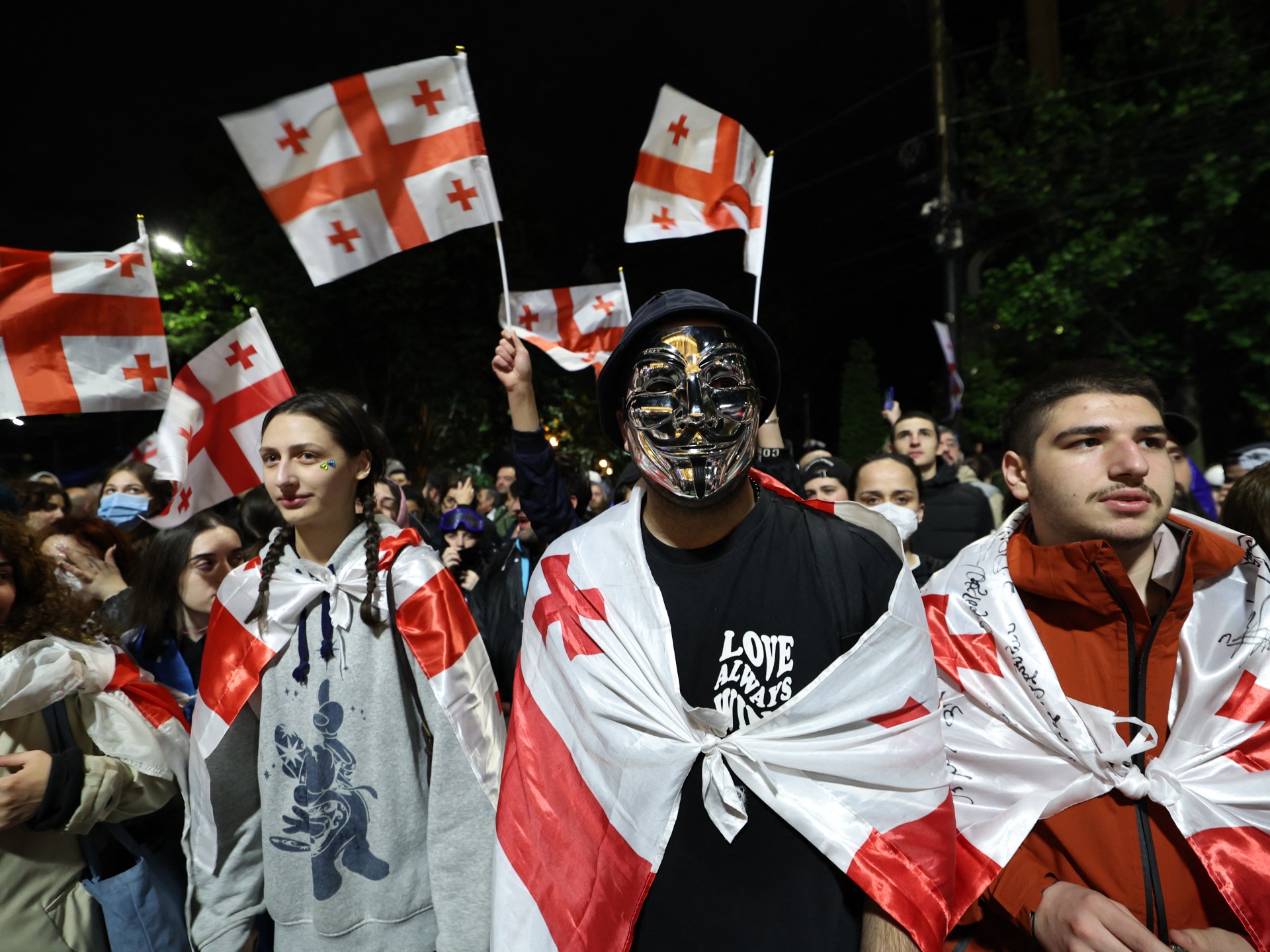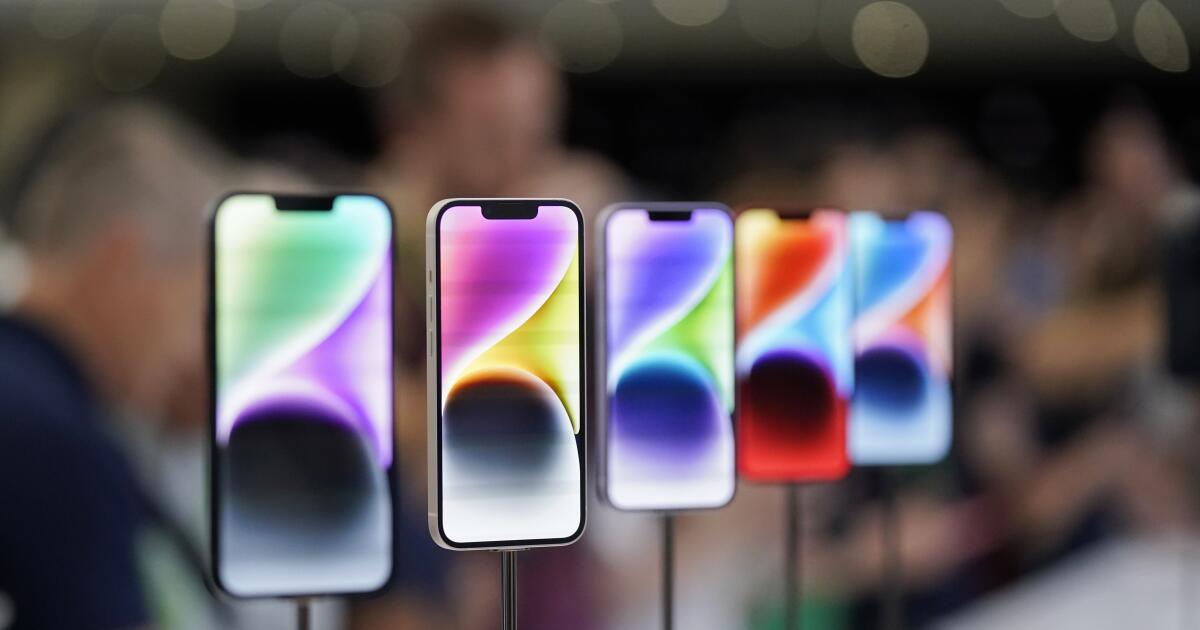STOCKHOLM: South Korean author Han Kang has won the 2024 Nobel Prize in Literature for “her intense poetic prose that confronts historical traumas and exposes the fragility of human life,” the prize-giving body said Thursday.
The prize is awarded by the Swedish Academy and is endowed with 11 million Swedish crowns ($1.1 million).
“She has a unique awareness of the connections between body and soul, the living and the dead, and with her poetic and experimental style she has become an innovator of contemporary prose,” Anders Olsson, president of the Committee, said in a statement. of the academy's Nobel Prize. .
Han Kang, the first South Korean to win the literature prize, began her career in 1993 with the publication of several poems in the magazine Literature and Society, while her prose debut came in 1995 with the short story collection “Love of Yeosu “. .
Born in 1970, she comes from a literary background, her father being a highly respected novelist.

Han Kang won the Man Booker International Prize for fiction for his novel “The Vegetarian” in 2016, the first of his novels to be translated into English and considered his greatest international breakthrough.
In “The Vegetarian,” after battling horrible recurring nightmares, Yeong-hye, a dutiful wife, rebels against social norms, abandons meat, and raises concerns among her family that she is mentally ill.
Two of his books have been adapted to film; “The Vegetarian” from 2009, directed by Lim Woo-Seong, and “Scars” from 2011, from the same director.
Her 2002 novel “Your Cold Hands,” which bears obvious traces of Han Kang's interest in art, reproduces a manuscript left by a missing sculptor who is obsessed with making plaster casts of female bodies.
“There is a concern for human anatomy and the interplay between person and experience, where a conflict arises in the sculptor's work between what the body reveals and what it hides,” the Academy said in an official biography.
She is the second South Korean to win a Nobel Prize, after 2000 Peace Prize winner and former South Korean president Kim Dae-jung.
'Normal day'
Bookmakers' favorites before the announcement included Chinese writer Can Xue and many other potential perennial candidates, including Kenya's Ngugi Wa Thiong'o, Australia's Gerald Murnane and Canada's Anne Carson.
“I was able to speak with Han Kang on the phone,” Mats Malm, permanent secretary of the Swedish Academy, said at a press conference. “It seems like he was having a normal day, he had just finished dinner with his son,” she said.
The literature prize is the most accessible of the Nobel Prizes to many, and as such, the Academy's choices receive praise and criticism, often in equal measure.
The Academy's omission of literary giants such as Russia's Leo Tolstoy, France's Emile Zola and Ireland's James Joyce has left many book lovers scratching their heads over the last century.
The 2016 award to American singer-songwriter Bob Dylan was hailed as a radical rethinking of what literature is, but also seen as a snub to authors of more traditional genres.
The awards, for achievements in science, literature and peace, were created through a bequest in the will of Swedish dynamite inventor and entrepreneur Alfred Nobel. They have been awarded since 1901, and the final prize in the category, Economics, was a later addition.
After peace, the literature prize tends to attract the most attention, placing authors in the global spotlight and generating an increase in book sales that, however, can be relatively short-lived for authors who are not well-known names.
Still, prize money and a place on a list that includes such luminaries as Irish poet WB Yeats, who won in 1923, American novelist Ernest Hemingway, who received the prize in 1954, and Colombian Gabriel García Márquez, winner in 1982, are an attractive proposition.
Norwegian author and playwright Jon Fosse won in 2023.
The literature prize, the fourth prize awarded each year, joins those for medicine, physics and chemistry announced earlier this week.












